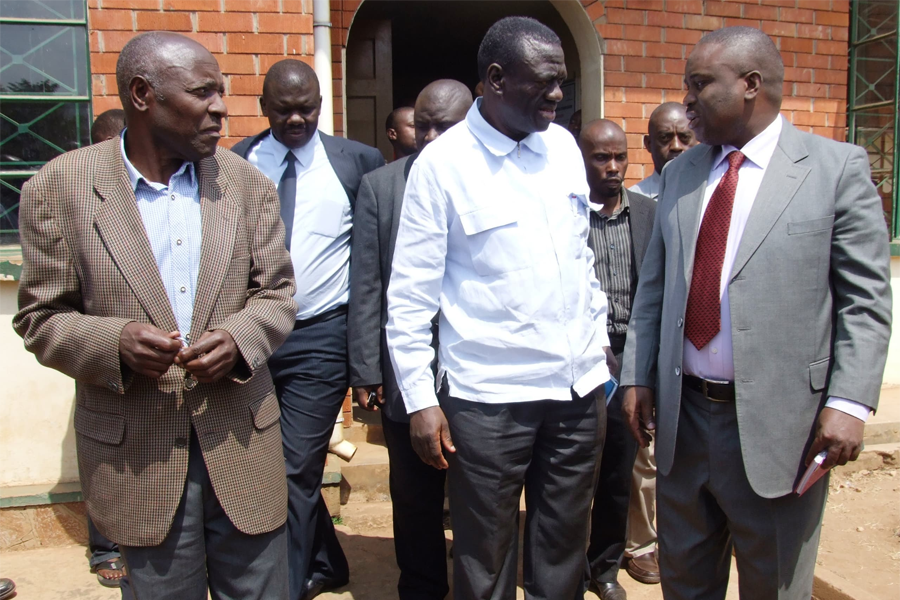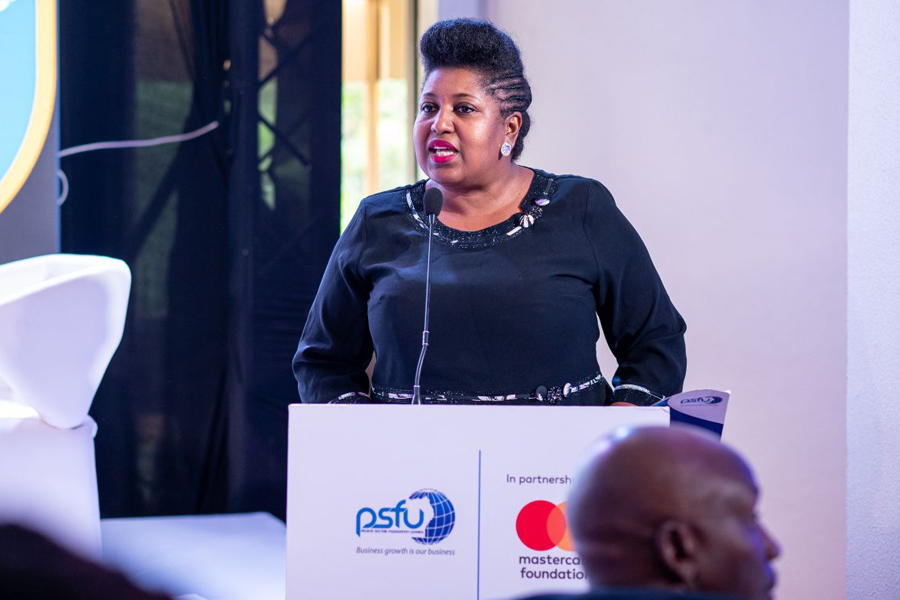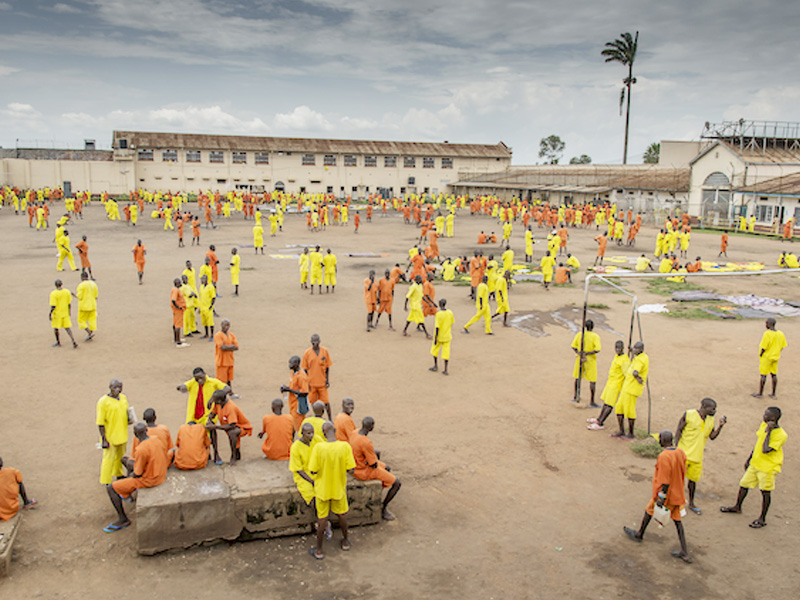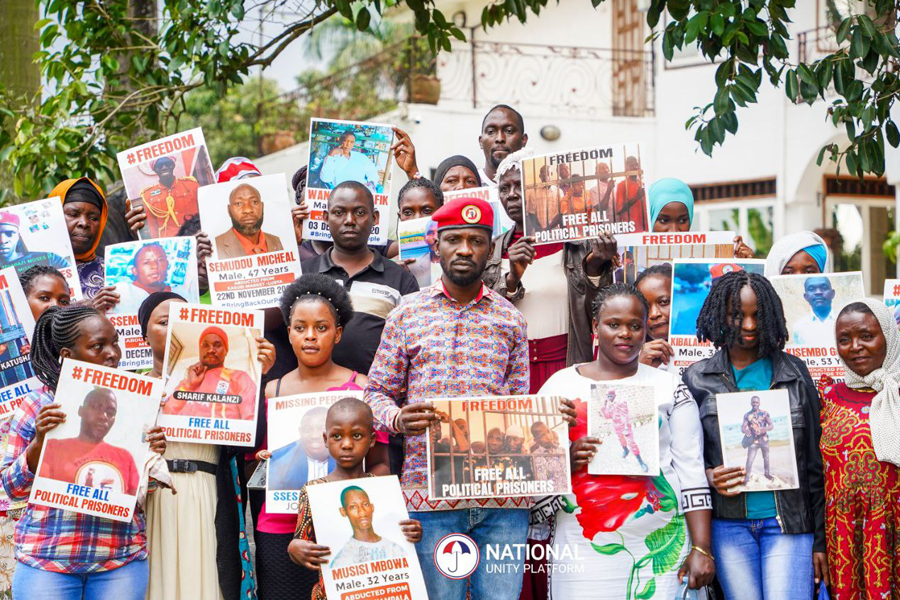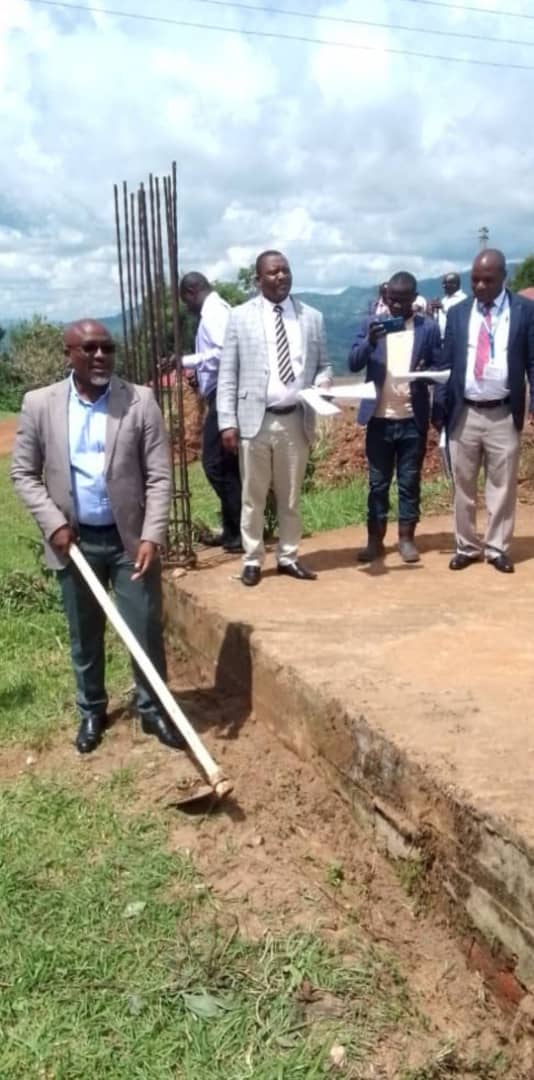Can Uganda stop biodiversity decline by 2030?
Globally, biodiversity is declining at an unprecedented rate and pressures are intensifying.
Nature is an important component of Uganda’s growing economy and livelihoods because it is the source of food, energy, water, air among others.
Uganda is ranked among the top 10 most biodiverse countries in the world and is a home to over 18,783 species of flora and fauna,1016 species of birds, over 600 species of fishes, 98 species of amphibians,150 species of reptiles, over 5,000 species of plants and domestic animals.
Experts told The Nile Post that Uganda’s biodiversity is under serious threat due to several factors mainly human induced activities like clearing land for settlement, infrastructural development and agriculture.
According to the National Biodiversity Strategy and Action Plan II 2015-2025, Uganda is losing its biodiversity at an alarming rate.
Onesmus Mugyenyi, a research fellow at the Advocates Coalition for Development and Environment (ACODE), which works to build awareness about conservation issues, called the situation "worrying" in the face of worsening floods linked to climate change.
Experts believe that it is possible to stop the biodiversity by 2030 and restore it by 2050.
It is against this background that World Wide Fund Uganda (WWF) under the BIODEV2030 project launched a second study to undertake a scientifically based assessment on the drivers of biodiversity decline in Uganda with a focus on the respective contribution of economic sectors.
BIODEV 2030 is an experimental approach implemented in 16 countries including Uganda, Kenya among others with the aim to stop biodiversity decline by 2030 and ensure its restoration by 2050.
The Country director France Development Agency (AFD) in Uganda, Hatem Chakroun told The Nile Post the study is aimed at improving people's living conditions, supporting economic growth, and protecting the planet through climate change mitigation.
"In view of the alarming situation of biodiversity becoming an issue as crucial as climate change, it is now at the centre of the negotiations concerning achievements of the targets of the agenda 2030.The protection of diversity must be taken into account in all our activities," he said.
The executive director WWF, David Duli, said the study will identify opportunities and challenges for future commitments and it will reinvigorate Uganda’s commitments to reverse biodiversity loss.
He called upon all stakeholders and the project task force to participate actively during the study and the consultants to make this a participatory study for shared learning.
According to Francis Alinyo, the project manager, the outcomes of the study will form the basis for conducting multi stakeholder dialogue meetings with the view of coming up with voluntary biodiversity commitments.


